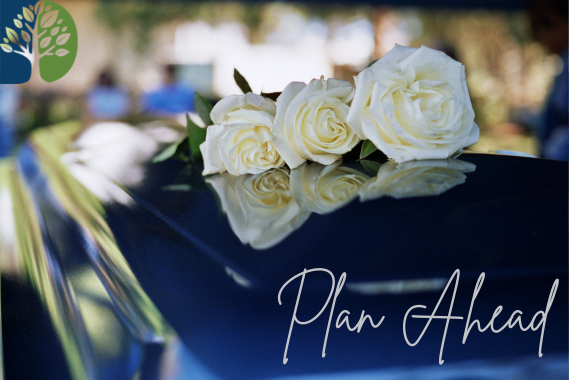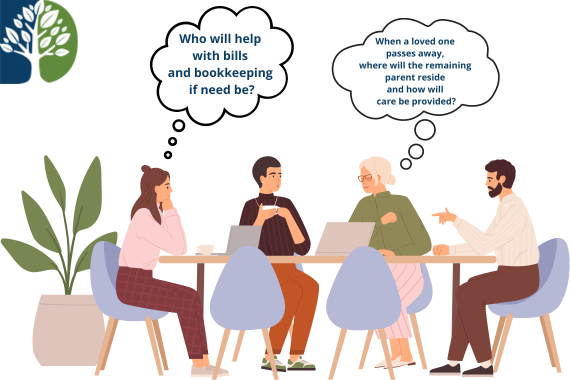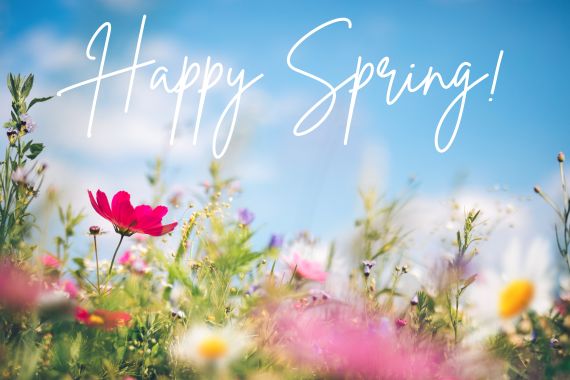We often think new year’s day is when we should set new goals for ourselves. However, there is no better time than the present to begin something that is important to you. I have been working hard at making very purposeful decisions for a while now, both personally and professionally. It energizes me to know that I spend my money and my time in ways that are aligned with my values and goals. There are two things I want to share that help me slow down, focus and prioritize. Neither was my creation.
The first is the “10-year test”. It is best used when struggling with a decision. An example would be, do I attend one of my children’s special events or a work event/meeting, or how many days do I take off from work for vacation when family members come to visit from far away that I don’t see often. I can tell you, I used to never take enough days off. I struggled with pushing myself at work versus spending time with those I loved most. For many years, I would feel guilt if not at home with guests, or guilt if I was at work and not at home. Last year a woman I met told me about her 10-year test. I loved the simplicity of it. She said, “If 10 years from now I am looking back, would I regret that decision.” I now think about that and I let go of any guilt. It really makes the decision much easier. I encourage you to think of this the next time you are struggling with a decision.
The second tool I use for prioritizing is a story. It has been around for a while, and you have probably heard it before. I have always loved it. A client reminded me of it last year as were talking about life goals. I find visualizing things helps me keep things top of mind, and this story holds a very important message regarding appropriately setting priorities in our lives.
A professor of philosophy stood before his class with some items in front of him. When the class began, wordlessly he picked up a large empty jar and proceeded to fill it with rocks about two inches in diameter. He then asked the students if the jar was full.
They agreed that it was full.
So the professor then picked up a box of pebbles and poured them into the jar. He shook the jar lightly and watched as the pebbles rolled into the open areas between the rocks. The professor then asked the students again if the jar was full.
They chuckled and agreed that it was indeed full this time.
The professor picked up a box of sand and poured it into the jar. The sand filled the remaining open areas of the jar. “Now,” said the professor, “I want you to recognize that this jar signifies your life. The rocks are the truly important things, such as family, health and relationships. If all else was lost and only the rocks remained, your life would still be meaningful. The pebbles are the other things that matter in your life, such as work or school. The sand signifies the remaining “small stuff” and material possessions. If you put sand into the jar first, there is no room for the rocks or the pebbles. The same can be applied to your lives. If you spend all your time and energy on the small stuff, you will never have room for the things that are truly important.
Pay attention to the things in life that are critical to your happiness and well-being. Take time to get medical check-ups, play with your children, go for a run, write your grandmother a letter. There will always be time to go to work, clean the house, or fix the disposal. Take care of the rocks first – things that really matter. Set your priorities. The rest is just pebbles and sand.
As you plan for the rest of the year, what are your rocks? Make sure you make time for them first. As you come across daily decisions, consider using the 10-year test, it provides much clarity when you listen to your heart.
Make this a great year!





